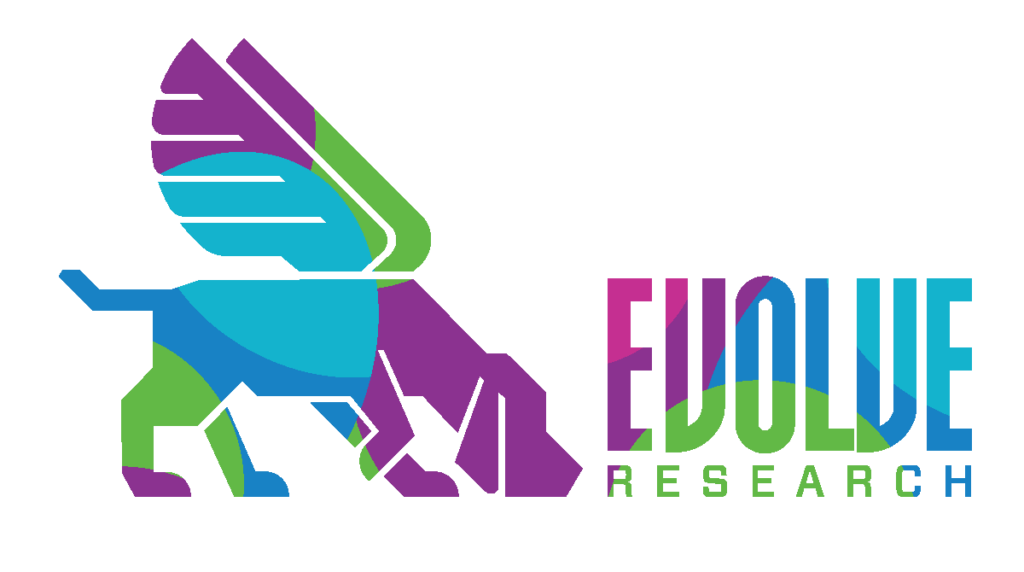5 Essential Questions to Ask Before Starting Any Research Project

Research is the foundation of informed decision-making. Whether you’re exploring market opportunities, digging into customer behaviors, or public health concerns, a well-planned research project saves time, money, and resources while delivering actionable insights. But before diving in, it’s essential to ask the right questions.
Here are five key questions to consider before starting any research project.
- What is the core objective of this research?
- Who is the target audience or subject of the research?
- What research methodology will best suit our needs?
- What are the key metrics for success?
- How will we apply the insights?
Let’s take a deep dive into these questions:
What is the Core Objective of this Research?
Every research project should begin with a clear objective. Are you trying to understand customer motivations, change a behavior, test a marketing campaign, or identify new opportunities? Defining your research goal helps shape the methodology and ensures your findings are actionable. Without a solid objective, your research risks becoming unfocused and inefficient.
Deep Dig Tip: Make sure your objective aligns with broader business goals. If your research doesn’t provide insights that drive meaningful action, it’s not worth doing.
Who Is the Target Audience or Subject of the Research?
Knowing who or what you are studying is crucial. Are you targeting current customers, potential customers, industry experts, or a specific demographic? The more specific your audience, the more valuable your data will be.
- Consider factors like:
- Age, gender, income level, or location for consumer research
- Job role, industry, and experience level for B2B research
- Behavioral traits or purchasing habits
Deep Dig Tip: Clearly defining your audience helps tailor survey questions, focus group discussions, or data collection strategies for maximum relevance.
What Research Methodology Will Best Suit Our Needs?
Choosing the right research method depends on your objectives and resources. Will qualitative research (e.g., interviews, focus groups) provide the depth of understanding you need, or does quantitative research (e.g., surveys, analytics) offer the statistical validation required? Sometimes, a mixed-method approach is the best solution.
- Recommended research methods include:
- Digital Surveys: Best for gathering large amounts of structured quantitative data.
- Focus Groups: Useful for exploring opinions, motivations, and emotional responses.
- In-depth Interviews: Provide deep insights but take more time.
- UX & UI Testing: Helps compare different website or mobile app design approaches.
Deep Dig Tip: Selecting the proper method ensures the data you collect is both reliable and actionable.
What Are the Key Metrics for Success?
How will you measure whether your research project was successful? Define success metrics before your first data point is collected.
- Consider tracking:
- Survey response rates
- Customer sentiment shifts
- Conversion rate improvements
- Brand awareness growth
Deep Dig Tip: It’s simple. If your research findings aren’t tied to measurable outcomes, it will be difficult to justify the time and investment.
How Will We Apply the Insights?
Data is only useful if it leads to action. Before conducting research, plan how you will implement the insights. Will the data influence a marketing strategy, drive behavior change, or guide company policies?
- Consider these questions:
- Who will use the findings? (Marketing, product development, leadership?)
- How will the results be presented? What’s the most effective way to communicate findings? (Reports, dashboards, presentations?)
- What next steps will be taken based on different possible outcomes? How will they influence your strategy?
By thoughtfully addressing these five questions, you’ll set your research project up for success. Remember, thorough planning leads to actionable insights, which drive better business decisions.
Need expert guidance on your research journey? Reach out to us – where we specialize in decoding human behavior to help you influence your audience effectively.

Posted by
-
 Jennifer Shrewsburysr marketing insights analyst & project manager
Jennifer Shrewsburysr marketing insights analyst & project manager
